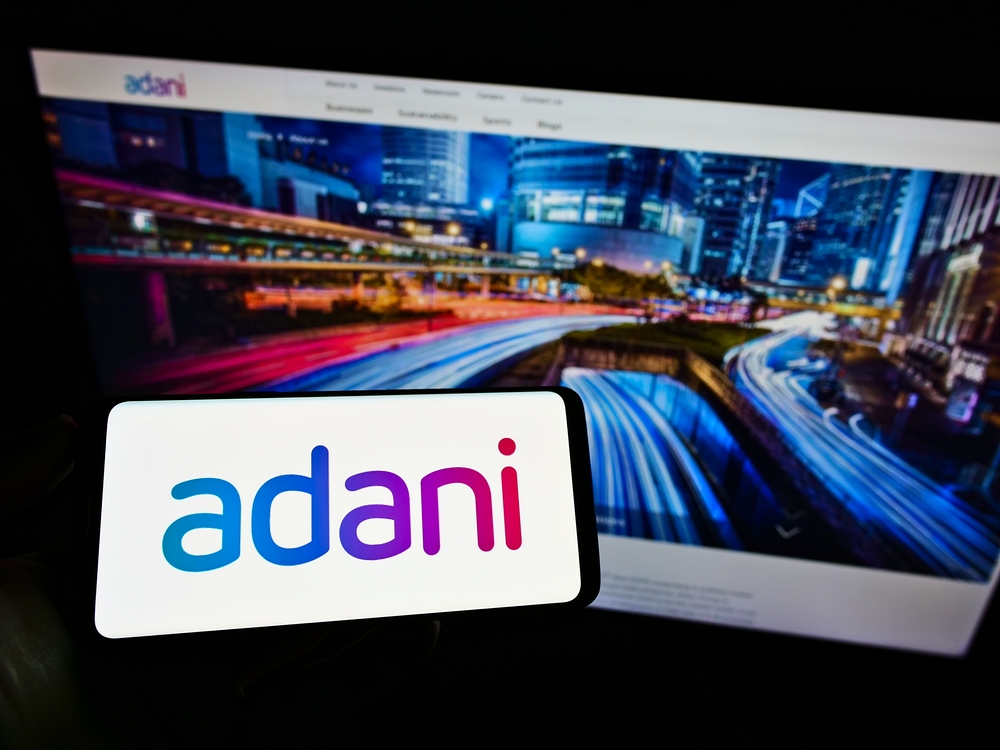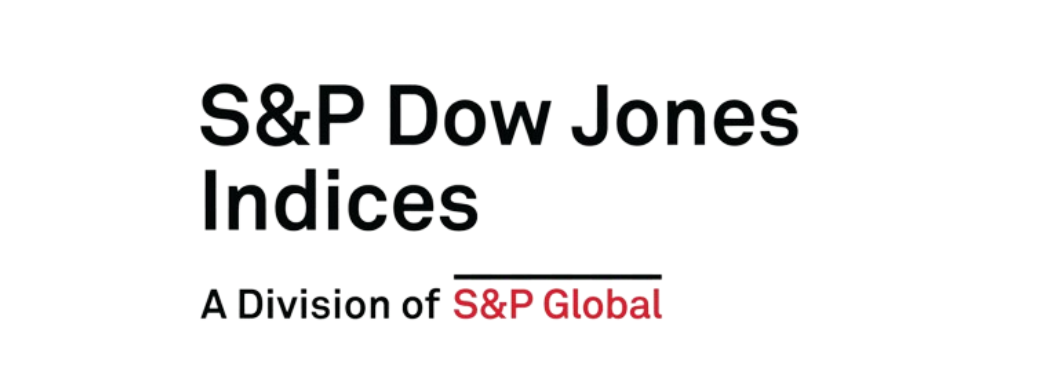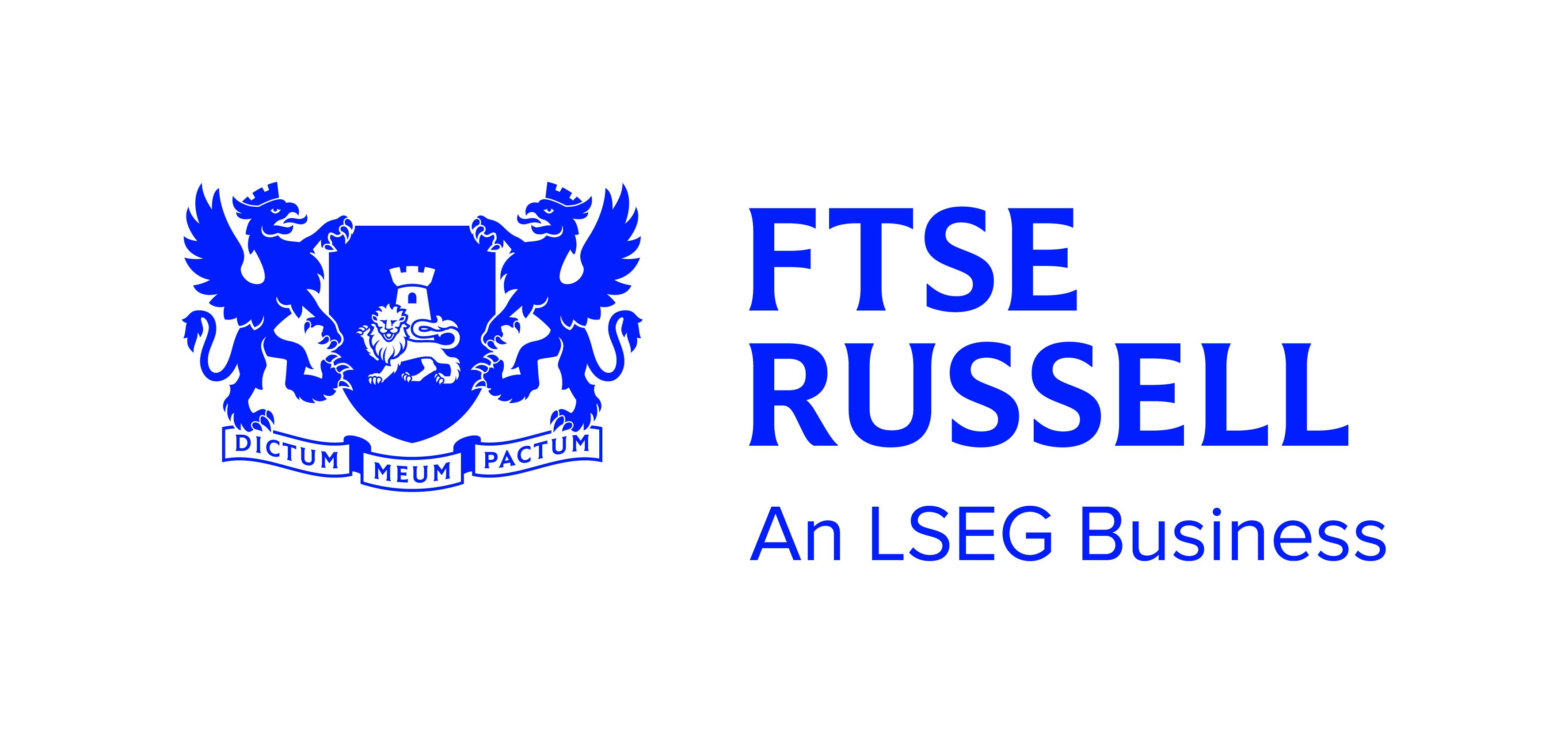The Adani Group’s four sub-companies will see their weightings slashed across MSCI indices following the index provider’s review of the group’s free float of shares.
MSCI said it received feedback from “a range of market participants” concerning the eligibility and ability to determine the free float of Adani Group stock, following a previous announcement at the end of January.
In a statement, the index provider said: “MSCI has determined that the characteristics of certain investors have sufficient uncertainty that they should no longer be designated as free float pursuant to our methodology.
“This determination has triggered a free-float review of Adani Group securities.”
It said weighting cuts will be implemented at the end of February, triggering outflows of index investor money from Adani Enterprises, Adani Total Gas, Adani Transmission and ACC.
MSCI currently allocates to the four Adani Group companies in its all-country world (ACWI), emerging markets, Asia and India indices, with the latter weighting more than 3% to the group.
Following last week’s announcement, flagship company Adani Enterprises saw its shares fall 14.4% in two days, now down 51.8% so far this year, as at 10 February.
MSCI added it will suspend any potential changes to the number of shares for Adani Group companies and will review their status in its benchmarks at the May index review.
The recent update is just the latest blow to the group chaired by the former richest person in India, Gautam Adani, following accusations of fraud and stock price manipulation by short seller Hindenburg Research, which have cut the group’s value by $110bn.
Since news first broke last month, Adani’s conglomerate has been margin called by Barclays, Citigroup and Deutsche Bank on a $1.1bn share-backed loan. Adani was also forced to suspend a $2.5bn stock offering while TotalEnergies postponed a $4bn hydrogen power partnership with the firm.
Credit Suisse, Citi and Standard Chartered have also stopped accepting Adani Group stock and bonds as collateral on margin loans for all clients.Elsewhere, other index providers have responded, with FTSE Russell stating in January it would maintain allocations to Adani companies in its indices while they “remain eligible in accordance with the underlying index methodologies”.
Alex Matturri, former CEO of rival firm S&P Dow Jones Indices, said MSCI could be questioned for just now revising its free-float calculations for Adani Group companies.
“Interlocking ownerships are always complicated to understand and MSCI has plenty of experience in dealing with these situations,” Matturri said.
“As for other index providers, one cannot always assume that they are providing high quality data and thus accurate indices. Inadequate methodologies and operating policies can impact the quality and reliability of an index. The Adani issue will only increase regulators interest in wanting to regulate index providers.”
Prior to MSCI’s announcement, S&P Dow Jones Indices said it would delete Adani Enterprises from its sustainability indices.
Responding, ESG think-tank Anthropocene Fixed Income Institute (AFII), questioned why the company would have a place in any index provider’s sustainable range to start with.
“Why was Adani Enterprises, with documented governance, environmental and social issues, included in ‘sustainability’ or ‘ESG’ equity indices in the first place?
“This is not to single out SPDJI, MSCI and FTSE Russell have had [the company] in some of their emerging market-focused ESG indices as well, according to Bloomberg data.”
AFII said funds tracking MSCI ESG indices with over $10bn assets under management (AUM) have held the stock while it has had involvement in greenfield thermal coal mines.
Related articles






